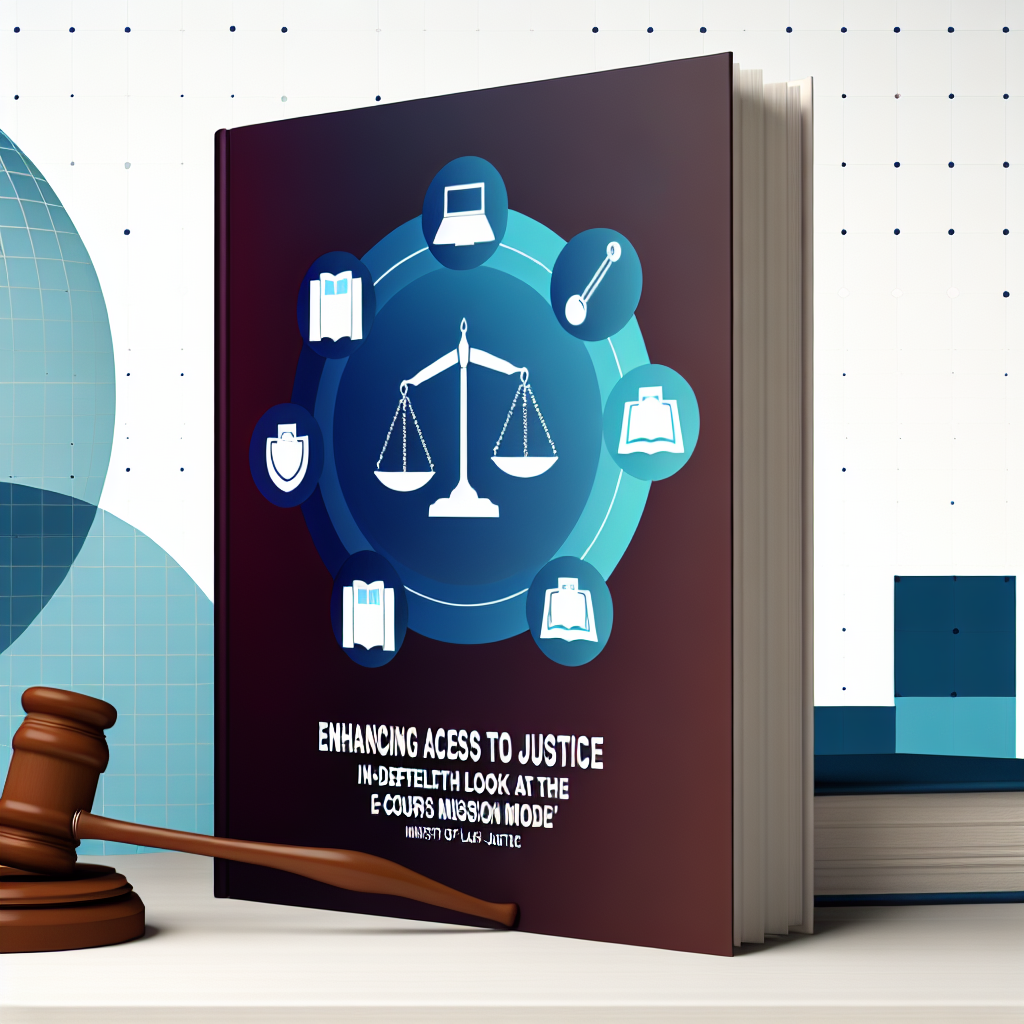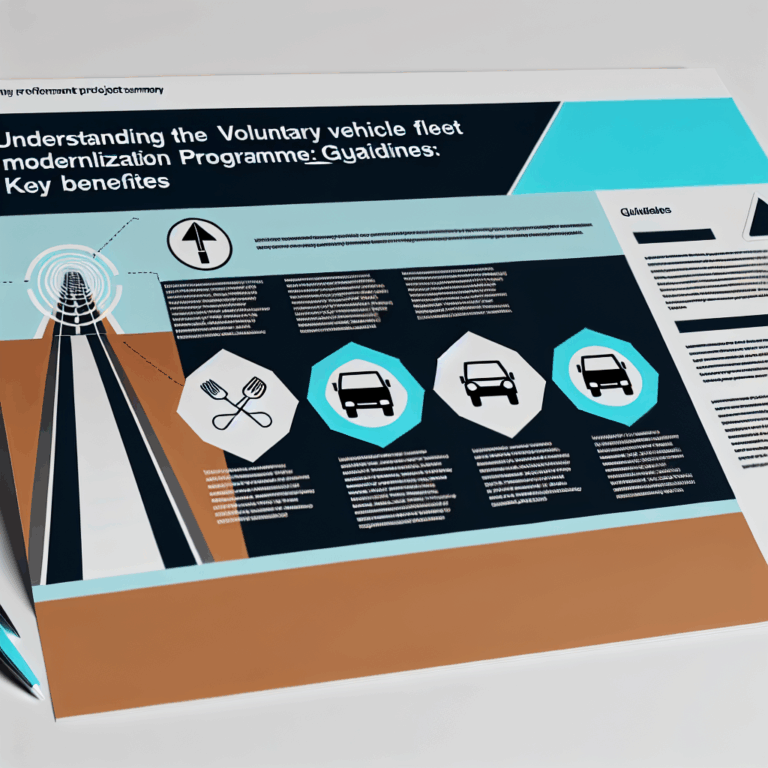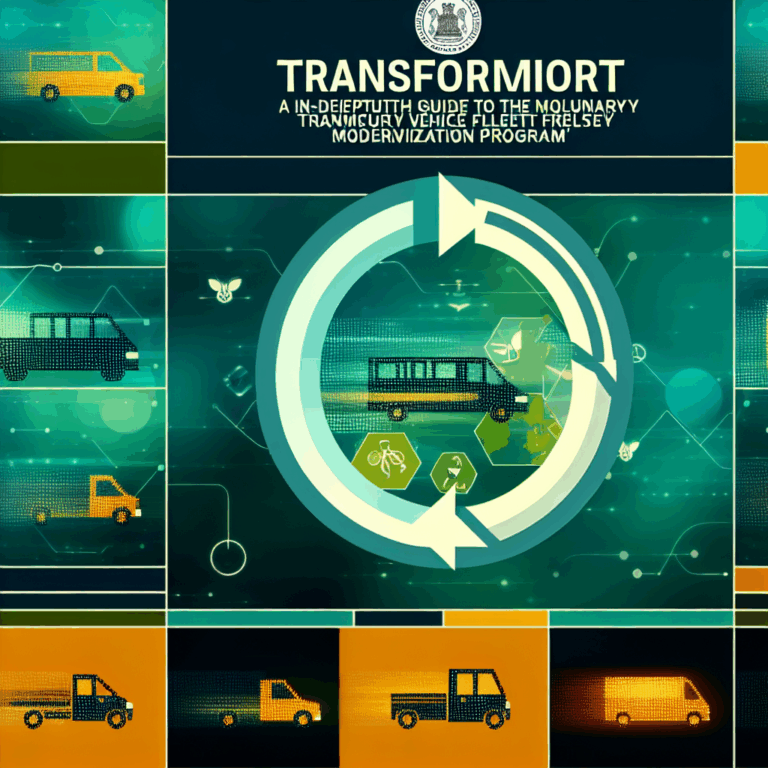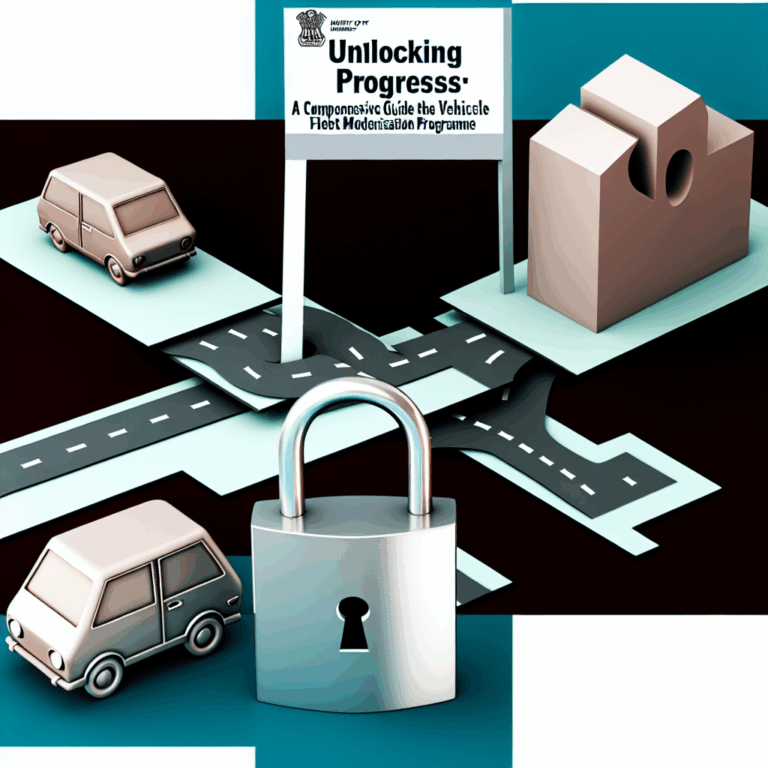Copyright @ 2023 www.digimitr.com. All rights reserved.

Enhancing Access to Justice: An In-Depth Look at the E-Courts Mission Mode Project by the Ministry of Law and Justice
Discover the key aspects of the government scheme titled “Enhancing Access to Justice: An In-Depth Look at the E-Courts Mission Mode Project by the Ministry of Law and Justice”. This scheme is overseen by the relevant ministry and aims on delivering benefits to eligible beneficiaries.
Here is a comprehensive overview:
The advent of technology has significantly transformed numerous sectors, and the legal domain is no exception. In India, the Ministry of Law and Justice has initiated the E-Courts Mission Mode Project, an ambitious endeavor aimed at enhancing access to justice in the country. This project seeks to harness technology to solve longstanding challenges, such as case backlogs, cumbersome processes, and limited accessibility to legal services. By integrating digital solutions into the judicial system, the government aims to make justice not only more accessible but also quicker and more efficient for all citizens.
Eligibility Criteria
The E-Courts Mission Mode Project is primarily designed for various stakeholders within the judicial ecosystem, including:
- Judicial officers and staff
- Legal practitioners, including lawyers and advocates
- Litigants and citizens seeking legal redress
- The general public who may benefit from increased transparency and accountability in the judiciary
While there aren’t strict eligibility criteria per se for users, the infrastructure and services are geared towards those directly interacting with the court system. The initiative also aims to accommodate underserved populations, ensuring that marginalized and rural communities can access justice more easily.
Key Features and Benefits
The E-Courts Mission Mode Project boasts a range of features that collectively contribute to its core mission of enhancing access to justice:
- Digital Case Management: A comprehensive case management system allows for online filing, tracking of case status, and scheduling hearings, vastly reducing waiting times.
- E-filing System: Litigants can file cases online, making the entire legal process more efficient and less time-consuming.
- Virtual Hearings: The initiative facilitates virtual court proceedings, ensuring that justice can be served even during pandemics or lockdowns.
- Mobile Applications: User-friendly mobile applications enable citizens to access court information, schedules, and notifications from their smartphones.
- Online Payment System: Convenient online payment options for court fees and fines have been introduced, streamlining financial transactions.
The implementation of these features has not only made the legal process more efficient but has also democratized access to the judicial system, empowering citizens and enhancing transparency.
Application Process
For those interested in utilizing the services provided under the E-Courts Mission Mode Project, the application process is straightforward:
- First, users must register on the official E-Courts portal by providing necessary personal and case-related information.
- Once registered, users can navigate through the portal to file cases electronically or access relevant information.
- Support and tutorials are provided to help users familiarize themselves with the online systems. Help desks are also available at courthouses for additional assistance.
The streamlined process aims to enhance user experience and reduce the overall barriers to accessing legal services.
Funding and Budget
The E-Courts Mission Mode Project has been allocated substantial financial resources to ensure its successful implementation. The funding comes from multiple sources, including:
- Government Allocations: The central government has earmarked significant funds for the project, showcasing its commitment to judicial reforms.
- Judicial Contributions: States are also contributing funds to upgrade their local court systems and infrastructure.
- Public-Private Partnerships: Engagements with private tech firms and organizations can help boost efficiency and innovation.
The total budget for the project reflects the government’s dedication to making justice accessible while ensuring that the latest technological advancements are utilized effectively.
Achievements or Impact
Since its inception, the E-Courts Mission Mode Project has made notable strides in transforming the Indian judicial landscape. Some of the key achievements include:
- Reduction in case backlogs due to improved management and tracking systems.
- Increased user satisfaction as indicated by feedback from litigants and lawyers who appreciate the ease of accessibility.
- Enhanced transparency, allowing citizens to track their cases and judge performance metrics.
- Wider reach into rural and underserved areas, thanks to mobile applications and virtual hearings.
The positive impacts of the project illustrate its potential to redefine judicial access, inevitably leading to a more equitable legal system.
Challenges (if any)
While the E-Courts Mission Mode Project has made significant progress, it has also faced its share of challenges:
- Digital Divide: Many rural citizens still lack reliable internet access and digital literacy, which can hinder their ability to utilize online services.
- Resistance to Change: Some legal professionals may be reluctant to embrace new technologies, fearing it may replace traditional methods of practice.
- Data Security: As with any digital initiative, ensuring the security of sensitive judicial data poses a significant challenge.
Addressing these challenges is essential for the sustained success of the initiative.
Recent Updates
As of the latest updates, several enhancements are ongoing within the E-Courts Mission Mode Project:
- Expanded access to additional mobile features, including instant case notifications and updates.
- New training initiatives aimed at educating legal practitioners and court staff about digital tools and applications.
- Strengthening cybersecurity protocols to protect user data and maintain the integrity of digital transactions.
These ongoing efforts demonstrate the government’s commitment to adaptive measures that meet the evolving needs of its citizens.
Conclusion
The E-Courts Mission Mode Project represents a significant leap forward in making justice more accessible and efficient for all. By leveraging technology to modernize the judicial process, the initiative aims to not only expedite legal procedures but also demystify the judicial system for the average citizen. Despite challenges, the project has already made profound impacts on the Indian legal landscape, with ongoing updates and enhancements promising to secure its success in the future. As the digital divide narrows and technological literacy increases, the E-Courts project could very well serve as a model for legal reform in other nations.
FAQ
1. What is the E-Courts Mission Mode Project?
The E-Courts Mission Mode Project is an initiative by the Ministry of Law and Justice in India aimed at reforming the judicial system through technology. It focuses on improving case management, facilitating e-filing, and enhancing access to the courts for citizens, thereby making justice more accessible and efficient.
2. How can individuals access the services provided by the E-Courts Project?
Individuals can access services by registering on the official E-Courts portal, where they can file cases, track the status of their legal matters, and receive notifications about court schedules. Mobile applications also facilitate easier access to these services.
3. What challenges is the E-Courts Mission Mode Project currently facing?
Some of the current challenges include the digital divide, where individuals in rural areas may lack internet access or digital literacy, resistance from some legal practitioners regarding the adoption of new technologies, and ensuring data security to protect sensitive judicial information.
For more information, check out official government site,
Official government website or relevant source not provided.
Stay updated on related schemes and initiatives using hashtags: #Enhancing #Access #Justice #InDepth #ECourts #Mission #Mode #Project #Ministry #Law #Justice
Join the discussion about this scheme in the comments below!





